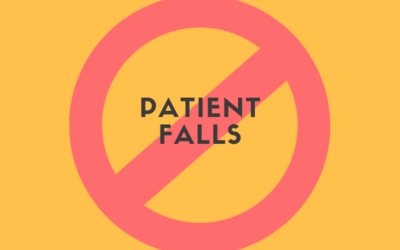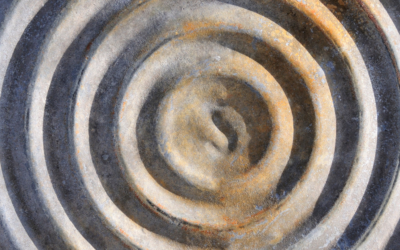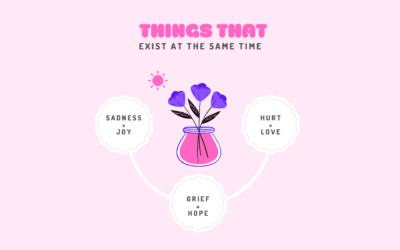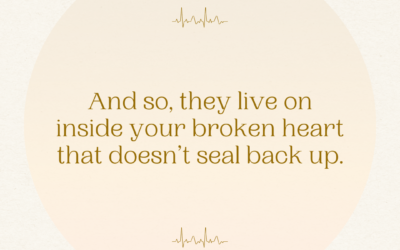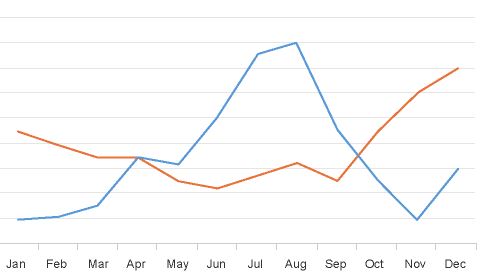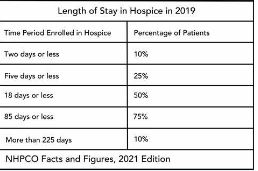Burn Prevention for Hospice Patients
Burns and scalds are serious injuries that can happen to anyone, but they are especially dangerous for people who are sick or elderly. Understanding how these injuries occur and how to prevent them is a key part of your job as a hospice aide. Burns can be caused by...
Fall Prevention for Hospice Patients
Falls can cause serious injuries, so it's important to take steps to prevent them. By being careful and following these tips, you can help keep your patients safe from falls. What May Contribute to Falls Several things can make a patient more likely to fall....
Informative Podcasts from BRG
These interesting and informative podcasts from Berkeley Research Group, LLC were developed for nurse executives. Nurse Executive Podcast The podcasts cover a wide range of interesting and timely topics such as leadership, workplace violence, revenue capture, AI, use...
Ring Theory: Supporting Individuals in Crisis
Knowing how to provide support during times of hardship or crisis can make a significant difference in someone's life. The Ring Theory, developed by clinical psychologist Susan Silk, offers a framework for offering support. Specifically, Ring Theory provides a...
Caregivers: Understanding Burnout and Promoting Resilience
Caregivers play a critical role in hospice care, where the focus is on providing comfort and support to individuals nearing the end of life. These unsung heroes, often family members or close friends, offer physical, emotional, and spiritual support to their loved...
Anticipatory Grief: Coping with Loss Before It Happens
Anticipatory grief, also referred to as anticipatory loss or preparatory loss, is a unique form of mourning that occurs before the actual loss takes place. It is the feeling of loss that is felt before the loss happens. While traditional grief typically follows a...
What is grief?
Grief is the emotional, psychological, and physical response to loss. It is a natural process that helps individuals come to terms with the reality of their loss and adjust to life without the person or thing they've lost. Whether it's the death of a loved one, the...
End-of-Life Pain Management
People with terminal illness experience pain at the end of life and for many, this pain goes untreated. One of the key elements of hospice care is effectively managing the patient’s pain. Untreated or undertreated pain results in needless suffering – due to physical...
Hospice Length of stay – active or discharged patients?
Patient length of stay is monitored to detect instances of inappropriate use of the hospice benefit or other deficiencies in the services delivered by the hospice provider. Length of stay is monitored for both very short length of stay as well as for length of stay...
Average length of stay versus median length of stay
Patients are eligible for hospice if they have a terminal diagnosis and a prognosis of six or fewer months to live if their disease runs its natural course. A patient who lives longer than six months can still get hospice care if the medical director or other hospice...


